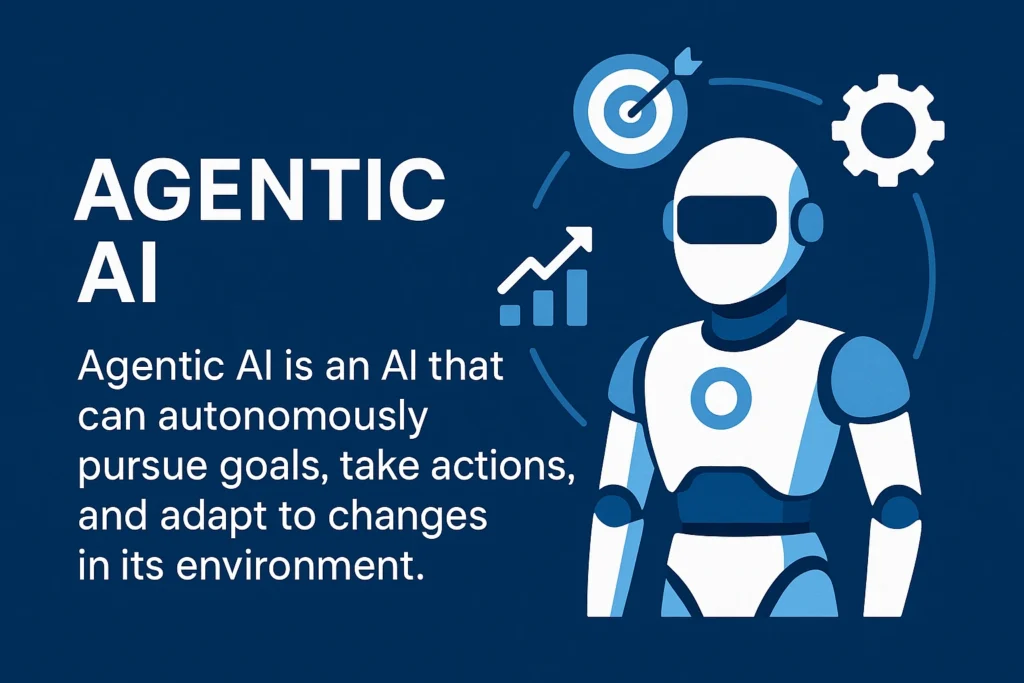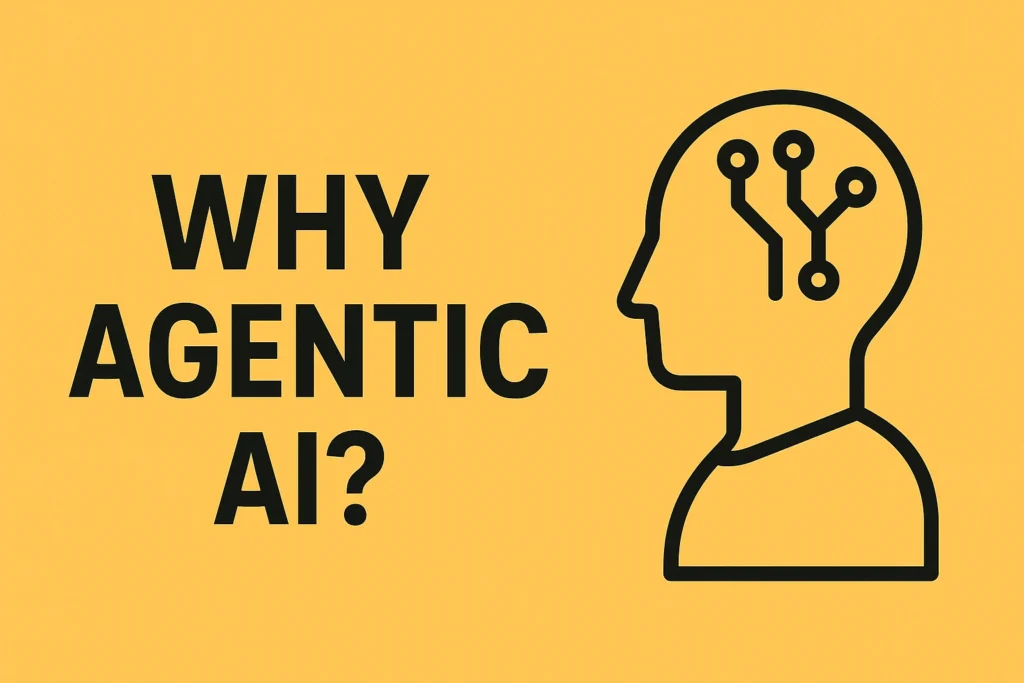Table of Contents
ToggleAI Skills for the Modern Workforce

Audio PodCast on AI Skills for the Modern Workforce
AI Skills for the Modern Workforce - The AI Skills Revolution - Bridging the Employer-Talent Gap
I. Overview:
A significant and growing disconnect exists between what employers need in AI proficiency and the available talent pool. Crucially, this gap is not in highly technical "AI builder" roles (engineers, computer scientists) but in "AI user" roles – individuals who can effectively leverage existing AI tools to solve business problems without requiring coding knowledge. Companies are desperate to hire for these practical AI literacy skills, offering salaries ranging from $85,000 to $150,000+ for positions that require no coding, no traditional degree, and no deep technical background. The ability to use AI tools effectively is rapidly becoming as essential as knowing how to use Excel, presenting a massive opportunity for individuals to acquire these skills and fill a critical market need.
II. The Current Landscape: A Massive Gap and Urgent Demand:
Employer Desperation:
Companies are "pulling their hair out trying to find people with basic AI skills." Recruiters report "companies offering 150K plus for people who can just use these AI tools properly" yet "still can't find anyone."
The "AI Literacy" Imperative:
Within 18 months, "being AI literate will be as essential as knowing how to use Excel." The stark difference is that "while everyone knows Excel almost nobody knows how to properly use AI tools and companies are desperate to hire people that do."
Investment vs. Capability:
A McKenzie report indicates that "87% of businesses are planning to increase their AI investment in 2025," but a staggering "68% of those same companies say they can't find people with the AI skills that they need." This highlights a "massive gap between what companies want and who's available to do the work."
Real-World Impact:
One individual "landed over a $100,000 remote job because they demonstrated just three AI skills... and they weren't even doing it at an extremely high level no coding no degree no technical background just practical skills that anyone can learn in a few weeks."
III. Why the Gap Exists:
Rapid Technological Evolution:
"The technology is evolving so damn fast that traditional education simply can't keep up. Universities are still teaching stuff that might have been cutting edge like 3 to 5 years ago which in AI terms might as well be ancient history."
Misconception of Technical Prowess:
There's a "massive misconception that working with AI means you need to be some kind of coding genius. Wrong that's like saying you need to know how to build an engine to drive a car."
Discreet Skill Acquisition:
"Most people who are learning these skills are keeping quiet about it because they're making an absolute killing right now they don't want the competition."
IV. AI Builders vs. AI Users: The Hidden Opportunity:
AI Builders:
These are "the engineers and computer scientists who create and train the actual AI models and yes usually they do need to know how to code."
AI Users:
This is "where the massive opportunity is right now." For every one AI builder, "companies need like 50 AI users." AI users are "people who know how to leverage existing AI tools to solve real business problems."
Historical Parallel:
The situation mirrors the early days of the internet and social media. Companies needed a few developers, but "they needed way more people who could just use the internet effectively for business" or "armies of people who understood how to use social media strategically." AI is following this "same exact pattern but the gap is even bigger because technology is more complex and changing faster than ever."
V. Key AI Skills in High Demand (No Coding Required):
Prompt Engineering:
Definition: "Knowing how to talk to AI to get the best possible results." It's about crafting specific, detailed prompts to elicit valuable, non-generic responses from AI tools (e.g., ChatGPT, Midjourney, Claude, DALL-E).
Why it's in demand: Companies "have invested thousands or millions in AI tools but they're getting garbage results because their employees don't know how to use them properly."
Salary Outlook: Job postings specifically for prompt engineers are "starting at $85,000."
Example: A "bad prompt" like "write me a marketing email" yields "generic crappy AI slop," while a "good prompt" includes specific audience, goal, tone, and constraints, leading to a "dramatically better" output.
AI Tool Integration (AI Workflow/Integration Specialists):
Definition: "Knowing how to combine multiple AI tools into powerful workflows." It's about making different AI tools "work together to create something much more powerful."
Why it's in demand: "While lots of people might know how to use one AI tool decently well very few know how to make them work together." This allows for end-to-end solutions, such as analyzing data with one tool, generating insights with another, and creating infographics with a third.
Salary Outlook: Salaries range from "$95 to $140,000 a year" for "AI workflow specialists and AI integration consultants."
AI Enhanced Data Analysis (AI-Driven Business/Insight Specialists):
Definition: "Using AI to interpret data without needing a technical background." This "democratizing data analysis" by allowing non-technical users to "literally ask AI what are the key trends in customer spending" or "which customer segments have the highest retention rates."
Why it's in demand: It "completely changing how businesses operate." Traditional data analysts can now "focus on the strategic implications of the insights" instead of just data cleaning. This skill is "applicable in literally every industry."
Salary Outlook: Salaries range from "$90 to $125,000 a year" for "AI-driven business analyst and AI insight specialists."
AI Content Optimization:
Definition: "Using AI to strategically improve existing content across all platforms" rather than just creating new content. This involves taking "thousands of hours and potentially millions of dollars of investment" in existing content (blog posts, videos, social media, internal docs) and transforming it.
Why it's in demand: A lot of existing content is "outdated poorly performing not optimized for search inconsistent messaging not aligned with current brand voice or not adapted to different platforms." AI content optimization specialists "know how to take this existing content and transform it to perform dramatically better without starting from scratch."
Practical Application: Utilizing AI to analyze existing content, identify underperforming areas, and suggest optimizations or repurposing for different platforms and formats.
AI Assisted Problem Solving:
Definition: This "ties everything else together" and makes an individual "truly irreplaceable." It involves "knowing how to define business problems in ways that AI can help solve them," and "understanding both the capabilities and limitations of AI and knowing when and how to apply it to real world challenges."
Why it's in demand: It's about strategic thinking – knowing "which tool is best at solving different problems."
Example: Using Google AI Studio (which can read screens) to troubleshoot complex software issues that human IT support might struggle with, or leveraging Grok for real-time data and news due to its Twitter access.
VI. Conclusion:
The demand for practical AI user skills is not a future trend but a present reality. The opportunity is immense for individuals who acquire these non-coding, highly applicable skills. Companies are actively seeking talent to bridge this critical gap, offering significant salaries and diverse opportunities across virtually all industries. Acquiring these skills, even through self-learning and certifications, can dramatically enhance career prospects and business growth.
AI Skills for the Modern Workforce - FAQ
What is the biggest opportunity in the current job market related to AI?
There is a significant and growing gap between what employers need in terms of AI skills and what the workforce currently possesses. Companies are rapidly increasing their investment in AI, with 87% planning to do so in 2025, but 68% of those same companies struggle to find people with the necessary AI skills. This creates a massive opportunity for individuals who can effectively use AI tools, even without coding or technical backgrounds. Many jobs are available, with salaries often exceeding $100,000, for people who are "AI literate."
Do I need to be a coding genius or have a PhD to work with AI?
No, absolutely not. There's a common misconception that working with AI requires a deep understanding of coding, machine learning, or a technical degree. However, the current demand is primarily for "AI users" – individuals who know how to leverage existing AI tools to solve real business problems. For every one "AI builder" (engineers who create AI models), companies need around 50 "AI users." This is similar to how the internet and social media created a need for many users, not just developers. Practical skills that can be learned in a few weeks are highly sought after.
Why is there such a significant gap in AI skills in the workforce?
The gap exists for three main reasons:
- Rapid Technological Evolution: AI technology is advancing so quickly that traditional education systems, like universities, cannot keep pace, often teaching outdated information.
- Misconception about Coding: Many people mistakenly believe they need to be coding experts to work with AI, deterring them from pursuing these skills.
- Discreet Users: Individuals who are learning and applying these valuable AI skills are often keeping quiet about their success due to the high demand and lucrative opportunities, not wanting to increase competition.
What is "Prompt Engineering" and why is it so valuable to employers?
Prompt engineering is the skill of knowing how to communicate effectively with AI tools to get the best possible results. It's about crafting clear, specific, and detailed instructions (prompts) to guide the AI's output. Many companies have invested heavily in AI tools but are getting poor results because their employees don't know how to use them properly. This skill is in high demand because it directly impacts the quality and usefulness of AI-generated content or insights. Job postings for prompt engineers can start at $85,000, focusing solely on writing effective prompts for various departments.
What is "AI Tool Integration" and how does it create powerful workflows?
AI tool integration involves combining multiple AI tools into powerful workflows to achieve more complex and efficient outcomes. While many people might know how to use one AI tool, very few understand how to make different tools work together seamlessly. For example, one AI tool might analyze data, while another might create actionable insights or infographics from that data. By connecting these tools (often using platforms like make.com), businesses can create automated, end-to-end processes that are far more powerful than using individual tools in isolation. Salaries for AI workflow specialists and integration consultants range from $95,000 to $140,000 annually, with no coding required.
How does "AI Enhanced Data Analysis" differ from traditional data analysis?
AI-enhanced data analysis focuses on using AI to interpret data without requiring a traditional technical background in data science or extensive coding. This revolutionizes how businesses operate by democratizing data analysis. Instead of spending 80% of their time cleaning and organizing data (as in traditional roles), individuals can use AI to quickly identify key trends, customer segments, retention rates, or patterns related to customer churn. This allows them to focus on the strategic implications of the insights, transforming data into actionable business intelligence. Job listings for AI-driven business analysts and AI insight specialists range from $90,000 to $125,000 and are applicable across nearly all industries.
What is "AI Content Optimization" and why is it more than just creating content with AI?
AI content optimization is about strategically using AI to improve existing content across all platforms, rather than just generating new content from scratch. Most companies have a vast amount of existing content (blog posts, videos, social media, internal documents) that may be outdated, poorly performing, or inconsistently branded. AI content optimization specialists know how to leverage AI to transform this existing content to perform dramatically better. This skill combines AI knowledge with strategic thinking to solve real business problems, such as updating SOPs, repurposing video segments for social media, or improving search optimization.
What is "AI Assisted Problem Solving" and why is it considered the most valuable AI skill?
AI-assisted problem-solving is the ability to define business problems in ways that AI can help solve, understanding both the capabilities and limitations of AI tools, and knowing when and how to apply them to real-world challenges. This skill ties all other AI skills together and makes an individual truly irreplaceable within an organization. It involves selecting the right AI tool for a specific problem (e.g., using a visual AI like Google AI Studio to troubleshoot a screen-based issue or Grok for real-time news analysis due to its Twitter access). Knowing which AI tool is best suited for different types of problems allows individuals to find solutions that might otherwise be elusive, even to technical experts.
Posts Gallery

Agentic AI for Enterprise Automation
Discover how Agentic AI revolutionizes enterprise automation, boosting efficiency and strategic decision-making.
Read More →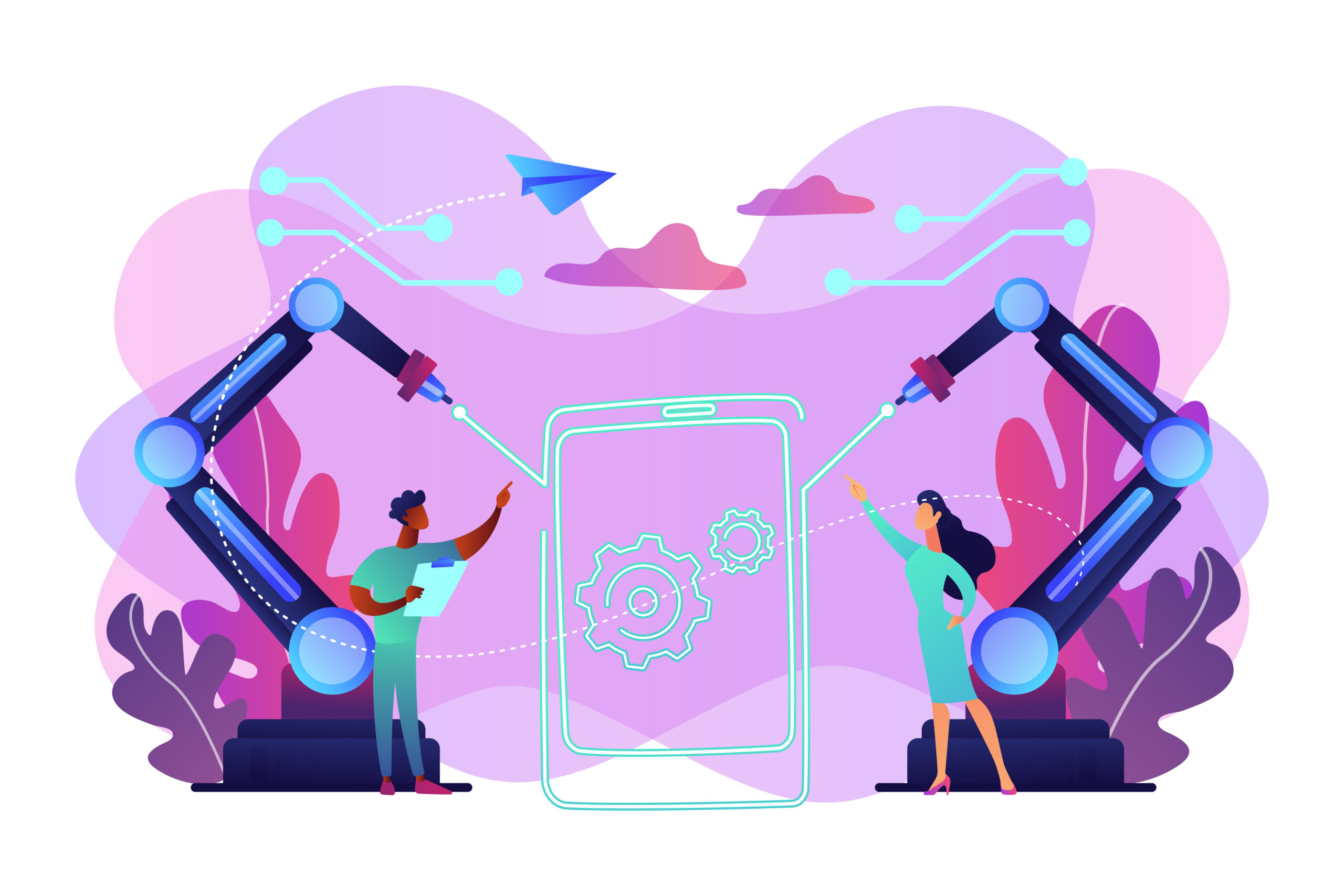
How Agentic AI Works: Intent to Execution
Unpack the intricate process of Agentic AI, from understanding user intent to executing complex tasks autonomously.
Read More →
Purpose & Use Cases of Agentic AI
Explore the diverse applications and strategic importance of Agentic AI across various industries and daily operations.
Read More →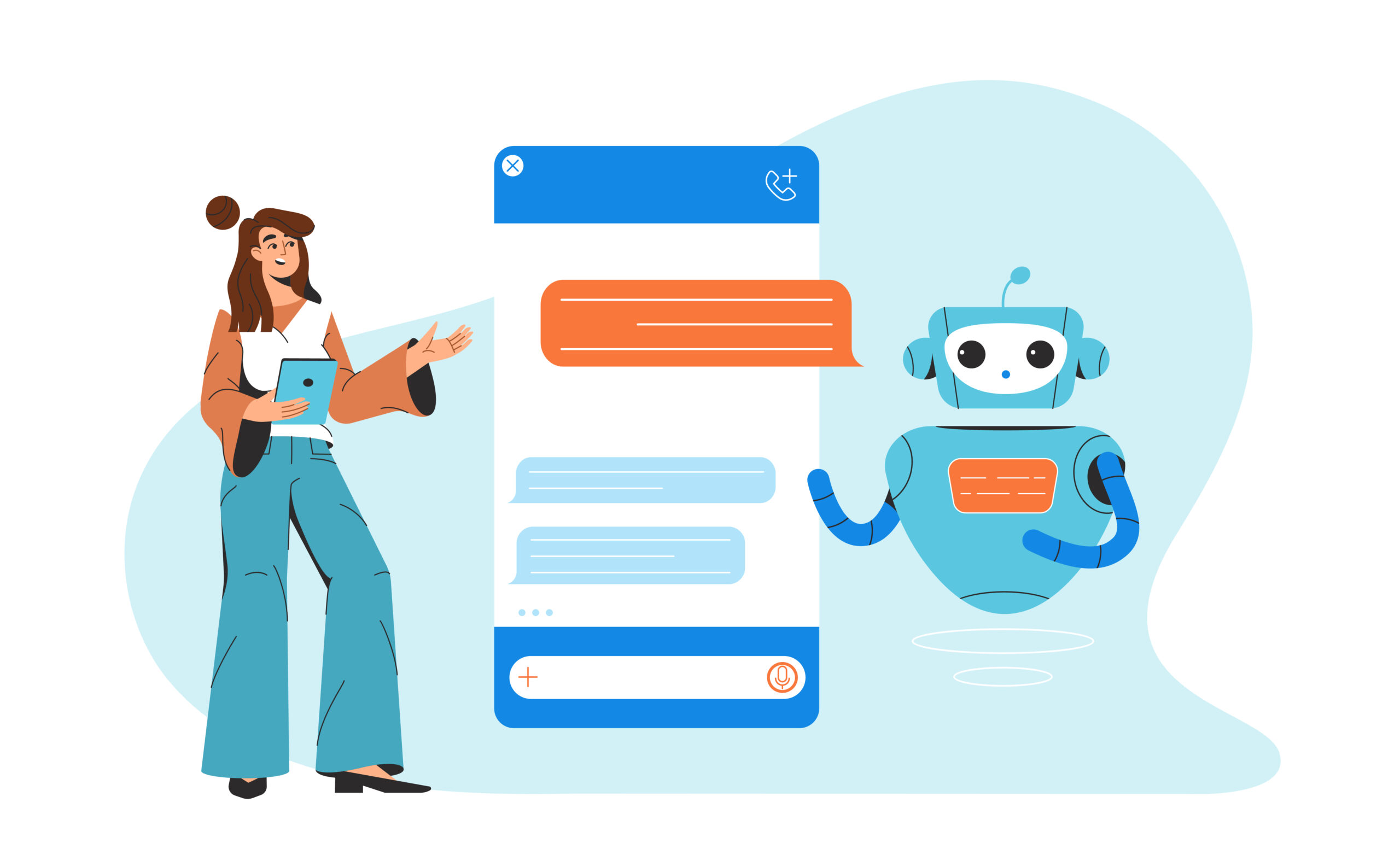
What is Agentic AI?
A foundational article explaining the core concepts of Agentic AI, defining its components and its role in modern automation.
Read More →
Why Agentic AI?
Understand the compelling reasons and significant benefits that make Agentic AI a transformative technology for efficiency and innovation.
Read More →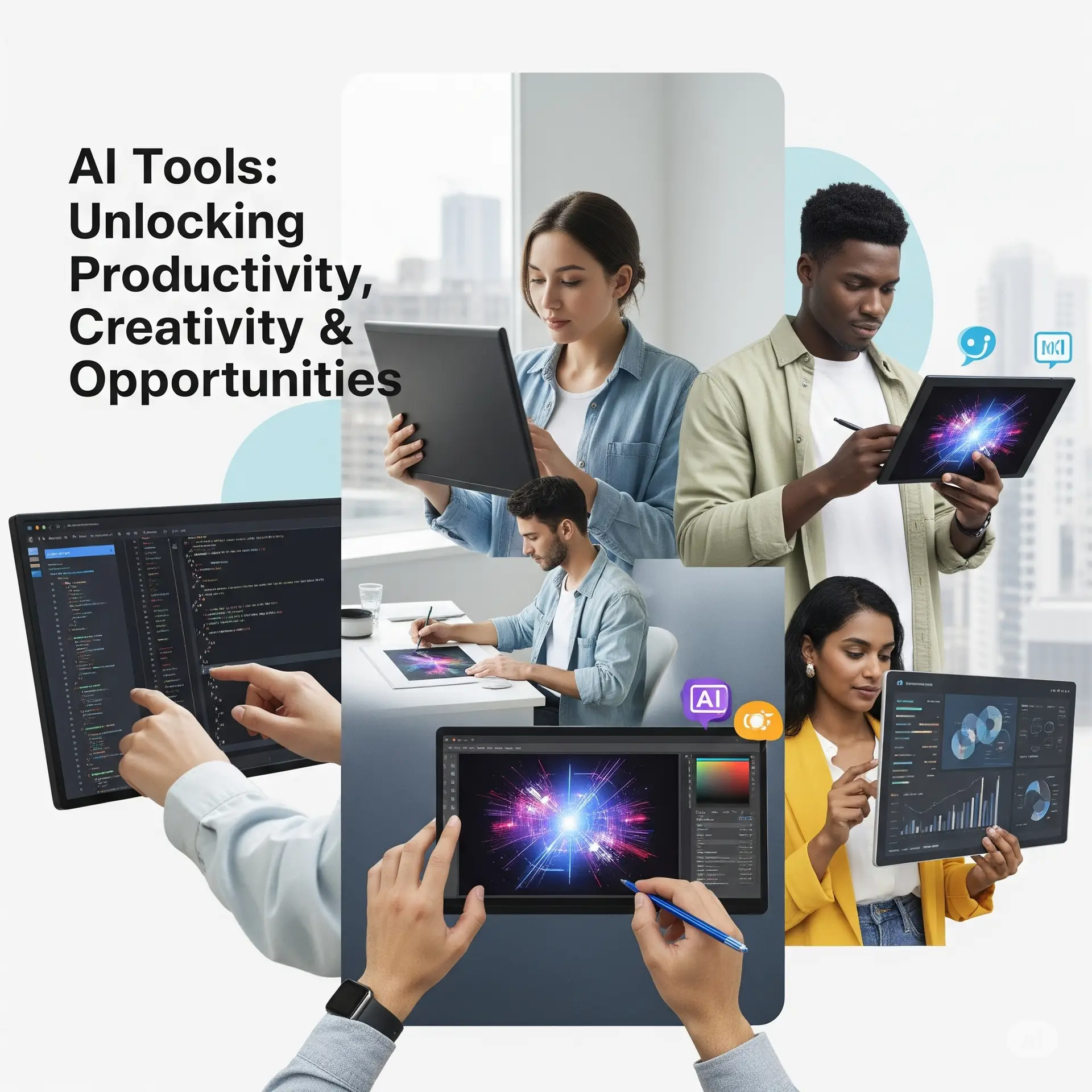
AI Tools Spotlight
A comprehensive overview of cutting-edge AI tools that are shaping the future of automation and intelligent systems.
Read More →
